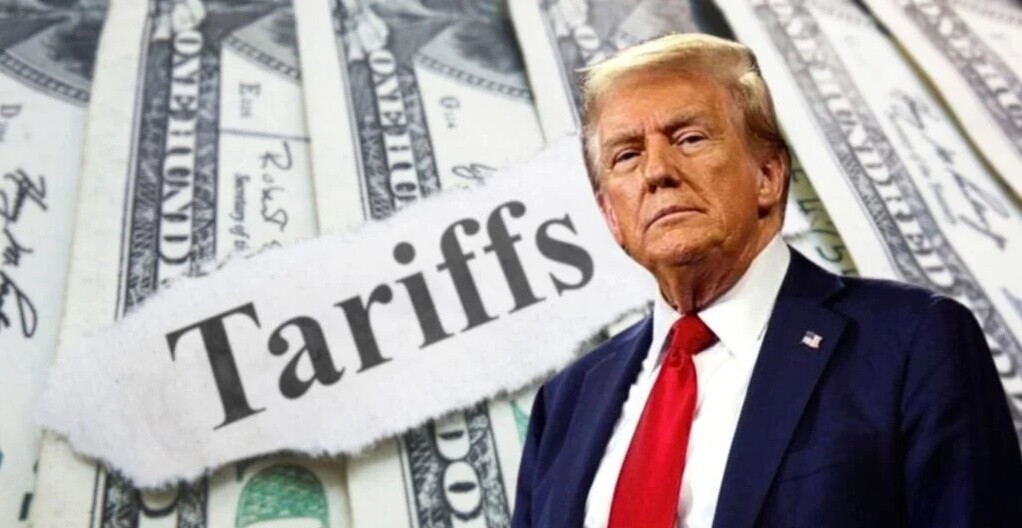
In 2025, US President Donald Trump's aggressive tariff policies are casting a shadow over the global economy. High tariffs targeting major trading partners such as China, the European Union, and South Korea are shaking the global trade order, raising concerns reminiscent of the 1930s Great Depression. While President Trump aims to protect domestic manufacturing and create jobs under the banner of "America First," these policies have the potential to unleash a chain reaction of destruction across the world economy.
Trump's tariff policies may protect domestic industries in the short term, but they exacerbate global supply chain disruptions and trade wars in the long run. Already, China and Europe are responding with retaliatory tariffs, escalating tensions and raising fears of repeating the path to the Great Depression triggered by the 1930 Smoot-Hawley Tariff Act. At that time, US protectionism contracted global trade, plunging the world into economic abyss. Today's global economy is far more interconnected, amplifying the potential impact of similar policies.
The South Korean economy is also suffering severely. The semiconductor and automotive industries, heavily reliant on exports to the US, are taking a direct hit from tariff increases, with declining corporate revenues and job losses becoming a reality. The decrease in global demand is leading to a sharp drop in raw material prices, shaking the economies of resource-exporting countries. In this context, the International Monetary Fund (IMF) and the World Bank are lowering their 2025 global growth forecasts, warning that the worst-case scenario could be a repeat of the 1929 Great Depression.
President Trump's policies are likely to boomerang on the US economy as well. Tariff increases raise import prices, burdening American consumers, and retaliatory tariffs make US exporters less competitive. The disruption of global supply chains is already driving up logistics costs and fueling inflation. This could lead to economic instability within the US, potentially undermining Trump's promised "economic revival."
What is needed now is the unilateral withdrawal of US tariffs and international cooperation. Major countries must resolve trade disputes through multilateral negotiations and restore the stability of the global economy. A cooperative framework centered on the World Trade Organization (WTO) is more critical than ever. If President Trump's tariff aggression continues, the damage will be borne by the entire world, including the United States.
History has repeatedly demonstrated the dangers of protectionism. We must not forget the lessons of the Great Depression 100 years ago. This is a time for prudent policy decisions. For the stability and prosperity of the global economy, President Trump must reconsider his tariff policies and pursue a path of international cooperation. The world cannot afford another economic catastrophe.
[Copyright (c) Global Economic Times. All Rights Reserved.]




























